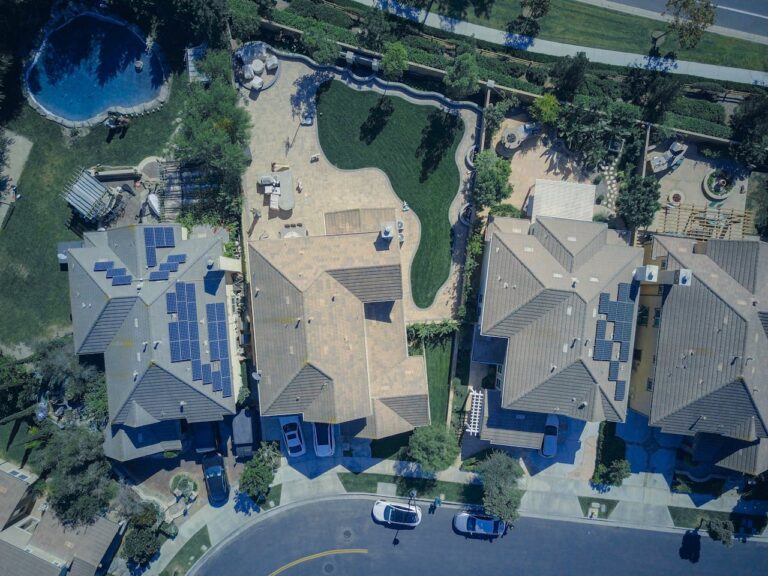If you’re selling property, you’ve likely come across the term “acre.” But what is an acre, and why is it important for home sellers and buyers? Understanding acreage can help you accurately market your property and connect with potential buyers more effectively.
How Big is One Acre?
An acre is a unit of land measurement commonly used in real estate. Specifically, an acre is:
- 43,560 square feet
- 4,840 square yards
- 4,046.86 square meters
The term originated in Anglo-Saxon England, referring to the amount of land a yoke of oxen could plow in one day. This historical context adds depth to understanding what it means.
Why Acreage Matters in Real Estate
Does Acreage Impact Property Value?
Absolutely! The size of your property, measured in acres, significantly impacts its market value. Larger plots often command higher prices due to the potential for development or additional features like gardens and outbuildings.
How Does Acreage Influence Property Taxes?
Acreage can also influence property taxes. In many areas, property taxes are calculated based on the size of your land. Therefore, larger properties may incur higher taxes based on local tax rates.
What About Zoning Regulations?
Zoning laws frequently use acreage to determine what can and cannot be done with a piece of land. These regulations can affect everything from the types of buildings allowed to how the land can be used, making it essential to understand your property’s acreage.
How to Measure an Acre
What Tools and Methods Can You Use?
- Professional Surveyor Tools: Surveyors use specialized tools like theodolites and GPS to measure land accurately.
- DIY Methods: You can measure your land using a simple measuring tape or digital tools like Google Maps for an approximate measurement.
How Do You Convert Measurements?
To convert square footage to acres, divide the total square footage by 43,560. For example, let’s say your property was 10,000 square feet. Dividing this by 43,560 would mean your property is approximately 0.23 acres. This quick calculation helps you understand your property’s size better.
Comparing Acres to Other Units of Measurement
How Does an Acre Compare to Square Feet?
One acre equals 43,560 square feet. This comparison helps when you’re familiar with smaller units of measurement.
How Does an Acre Compare to Hectares?
One acre is approximately 0.4047 hectares. This comparison is useful if you’re dealing with international buyers or properties.
Practical Examples
How Big is an Acre in Real Terms?
Visualizing an acre can be challenging. Here are some helpful comparisons:
- Football Field: An acre is about 75% of a football field, minus the end zones.
- City Block: In many cities, one acre is roughly the size of a single city block.
- Basketball Courts: An acre can fit around 16 standard-sized basketball courts.
- Tennis Courts: Approximately 15.5 tennis courts can fit into one acre.
- Homes: A typical suburban home with a yard is often on a lot that is around 0.2 acres (8,712 square feet). Therefore, an acre can fit about 5 such homes.
These real-life examples make it easier to grasp what an acre looks like.
Tips for Home Sellers
How to Highlight Acreage in Listings
When listing your property, make sure to emphasize the acreage. Mentioning the size can attract buyers who are specifically looking for larger plots.
Why is Accurate Acreage Important in Marketing?
Accurate acreage information is crucial in your marketing materials. Misleading information can lead to legal issues and buyer dissatisfaction. Always double-check your measurements or consult a professional to ensure accuracy.
Conclusion
Understanding what an acre is and how it impacts your property can help you sell your home more effectively. Acreage affects everything from property value to zoning regulations, making it an essential factor in real estate transactions. If you’re uncertain about your property’s acreage, consult a professional surveyor.
For more real estate tips and advice, visit our blog.
By understanding these trends and preparing adequately, homebuyers and sellers in Dallas-Fort Worth can navigate the market more effectively. If you have any questions or need further advice, feel free to reach out!






